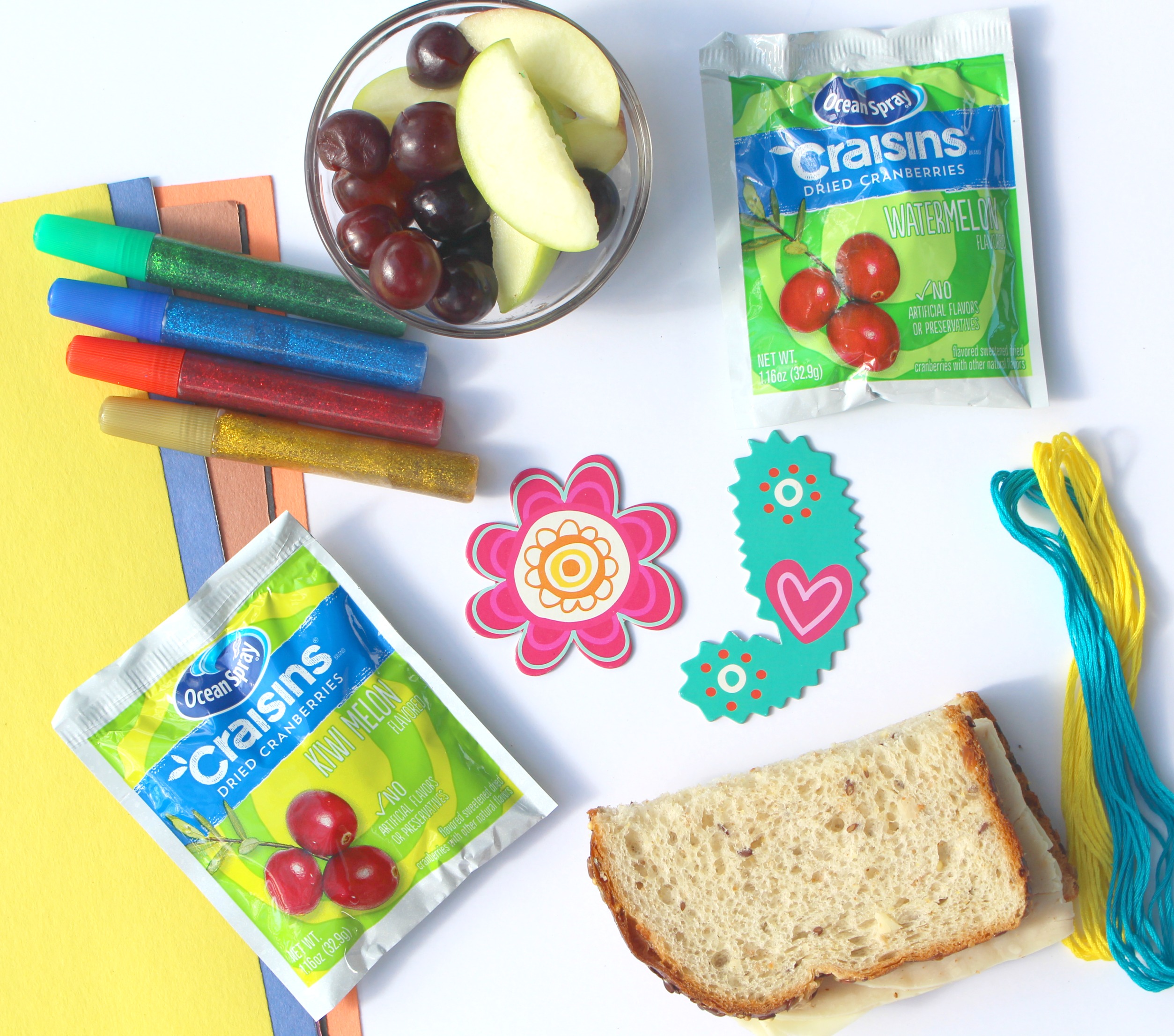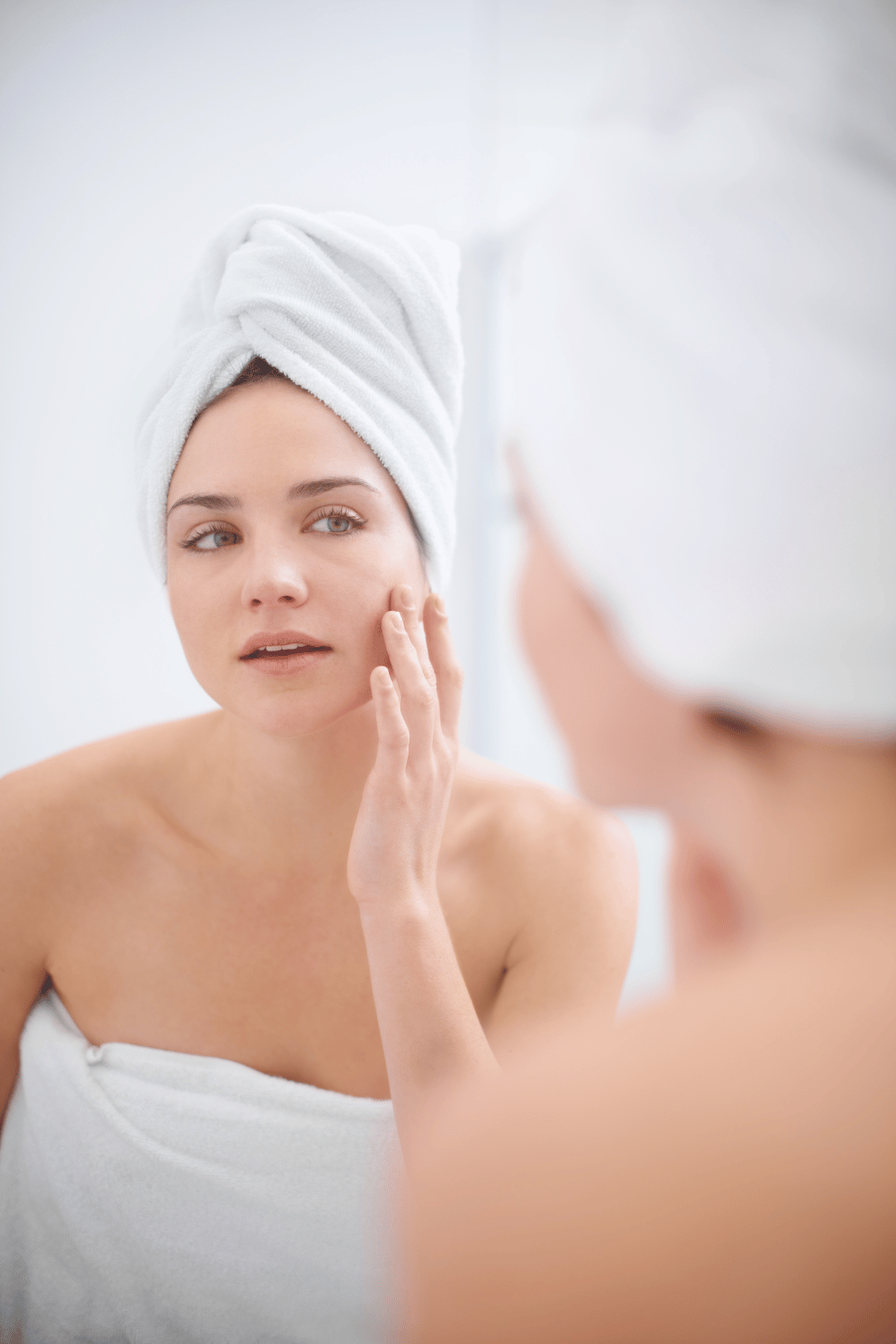Postpartum Rest: Balancing Comfort And Support For Healing
The postpartum period, the crucial phase following childbirth, represents a time of profound transition and healing for new mothers. It encompasses more than adapting to life with a newborn; it’s a period of physical and emotional recovery. During pregnancy and childbirth, a woman’s body undergoes remarkable changes, warranting a dedicated phase for rest and recuperation.

This article delves into the essence of postpartum rest, exploring various aspects of comfort and support essential for healing. Understanding these elements can greatly aid recovery, ensuring both physical and mental well-being.
Sleep For Postpartum Recovery
During the deep sleep phases, the body undergoes significant repair and rejuvenation, which is crucial for new mothers. This rest period is beneficial and essential for physical healing and mental well-being.
However, aligning a mother’s sleep schedule with that of a newborn is a notable challenge, given the frequent wake-up calls for feeding and care.
Creating a sleep-conducive environment is also vital. For instance, sleeping on a plush mattress can offer the necessary support and comfort, while dimming lights and reducing noise levels can further enhance the quality of rest.
Seeking assistance for nighttime feedings can also provide longer, uninterrupted sleep. Partners, family members, or caregivers can take turns to allow the mother some much-needed rest. This can be especially helpful in the initial weeks postpartum when sleep deprivation is most acute.
Quality sleep, even in shorter bursts, can significantly improve a mother’s recovery and overall mood.
Nutritional Needs For Healing
A diet rich in essential nutrients, particularly vitamins, minerals, and proteins, is crucial for healing and replenishing energy.
During this time, the body requires additional nutrients to repair and strengthen itself post-childbirth. Focusing on a balanced diet with various nutrient-dense foods supports this process and caters to the increased energy demands of caring for a newborn.
In addition to macro-nutrients, attention should be given to micro-nutrients. Iron helps replenish blood lost during childbirth, calcium aids in bone health, and omega-3s support brain health and mood stabilization. Incorporating foods rich in these nutrients can substantially impact a mother’s overall recovery and health.
Similarly, adequate fluid intake is essential, especially for breastfeeding mothers who need to replace the fluids lost during lactation. Adequate hydration also aids in better sleep and improved energy levels.
Physical Activity And Rest
Gentle exercises such as leisurely walks, postpartum yoga, or light stretching can significantly aid physical healing and boost mental well-being. These activities help regain strength, improve circulation, and alleviate postpartum mood swings.
However, the key is maintaining moderation and listening to the body’s cues. In the initial weeks postpartum, the body is in a delicate state of recovery, necessitating a cautious approach to physical activity.
It’s important to start with low-impact, gentle exercises and gradually increase intensity based on comfort and healing progress. Over-exertion can be counterproductive, leading to increased fatigue and potential injury.
Signs of discomfort or pain should be taken seriously, indicating the need to reduce exercise intensity or take a break. Consulting with healthcare professionals about an appropriate postpartum exercise regime can provide guidance tailored to individual recovery needs.
Emotional Well-being And Support Systems
The postpartum period often brings a whirlwind of emotions due to hormonal changes, ranging from joy and exhilaration to anxiety and sadness. Some mothers may experience mood swings, while others may face postpartum depression. Recognizing and addressing these emotional fluctuations is crucial for overall well-being.
Establishing a support system is essential during this time. This can include family, friends, or professional counseling. Having someone to share concerns, experiences, and feelings with can be immensely beneficial.
It can also help recognize signs of deeper emotional issues that may require professional intervention. Open communication and expression of feelings are key to mitigating stress and fostering emotional recovery.
Additionally, joining support groups or connecting with other new mothers can be incredibly helpful. These groups provide a platform for sharing experiences and gaining practical advice. They also offer a sense of community and understanding, which can be particularly comforting during this transformative phase.
Balancing Care For Baby And Self-Care
Striking a balance between caring for the newborn and self-care is crucial for a mother’s postpartum recovery. Often, the focus is primarily on the baby, but neglecting self-care can adversely affect both the mother and the child.
Self-care can include delegating tasks, accepting help from others, and taking time for personal relaxation and interests. This might mean allowing family members or friends to assist with household chores or baby care, enabling the mother to rest or engage in activities that promote her own well-being. Simple activities like reading, light exercise, or even a relaxing bath can make a significant difference.
Understanding that self-care is not selfish but rather a crucial component of postpartum recovery is essential. A mother who is physically and mentally well-rested is better equipped to provide attentive and loving care for her newborn. In the long run, prioritizing self-care benefits the entire family, creating a nurturing and healthy environment for everyone involved.

Conclusion
The postpartum period is a time of significant physical and emotional adjustment. Balancing comfort and support is crucial for a mother’s recovery. Ensuring quality sleep, proper nutrition, appropriate physical activity, emotional support, and a restful environment contribute to a healthy and successful postpartum journey.
It’s important to remember that this time is not just about caring for the newborn but also about the mother’s health and well-being. Taking care of oneself is beneficial and essential for the entire family.







